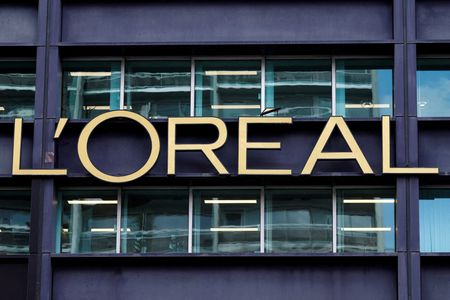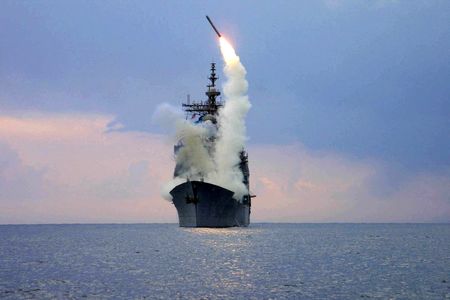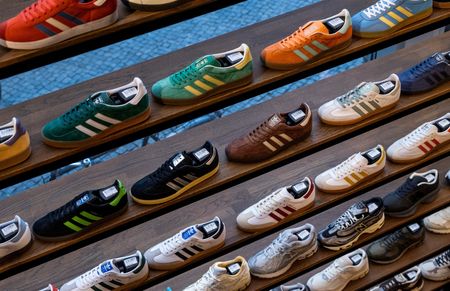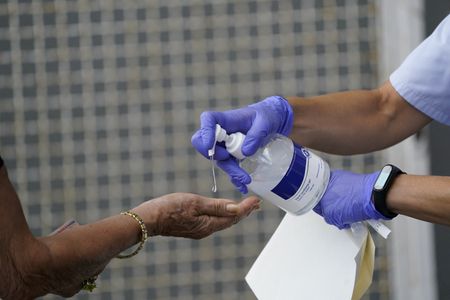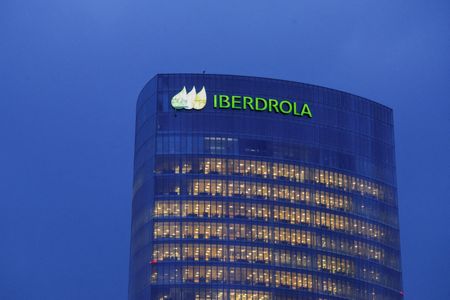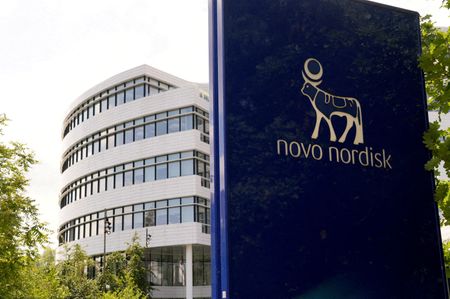By Dominique Patton
PARIS (Reuters) -L’Oreal’s $4.7 billion deal to buy cosmetic and fragrance brands from Kering gives the French conglomerate rare 50-year licences, including for Gucci, that are likely to confirm its dominance in a growing part of the beauty sector.
That purchase, announced late on Sunday, took advantage of Kering’s urgent need to cut debt.
As well as the long-term licences to develop beauty products, it gives the conglomerate led by CEO Nicolas Hieronimus control over prestige perfumer Creed.
“In the short term, it’s a lot of capital to put into largely fragrances, though in the long term, the ability to leverage growth in an iconic fragrance brand as well as create value from the licences is clear,” analysts at Deutsche Bank said in a note.
LEVERAGING SCALE AND A DISTRIBUTION NETWORK
Creed, which Kering bought in 2023 for 3.5 billion euros ($4.08 billion), is known for its $500-a-bottle Aventus fragrances.
But it has underperformed the market, growing more slowly last year compared with the double-digit figures other premium fragrances have achieved, Jefferies analyst David Hayes noted.
L’Oreal has the scale, distribution network and financial strength to dive into regions, such as the Middle East, where the market for luxury fragrances is growing from a relatively small base.
‘A BIG COUP’
L’Oreal has secured a 50-year licence for Gucci, one of the world’s most famous luxury brands, when the deal with licence holder Coty expires in 2028.
“The big jewel is Gucci and getting it away from Coty. It’s a big coup,” said Tanguy Pellen, managing partner at UK-based consultancy Skarbek Partners, adding that the 50-year timeframe of the licence was very rare.
The Kering deal package also includes smaller brands Balenciaga and Bottega Veneta, which also have 50-year licences, which will supplement L’Oreal’s blockbuster YSL, Armani, Prada and Valentino perfumes.
Apart from its licence to produce Armani perfume, L’Oreal has been approached by representatives from the Armani group, Reuters reported early this month, after the company was named in the will of late designer Giorgio Armani as one of the preferred bidders to take a stake.
Last year, the fragrance sector represented one of the fastest growing parts of the beauty sector.
It accounted for 13.7% of L’Oréal’s 2024 sales, or about 6 billion euros, giving it a roughly 16% share of the fragrance market, according to Reuters calculations based on L’Oreal data.
MORE BRINGS MORE
Gucci brings in around 600 million euros in revenues, according to market estimates, relatively small in size for a brand of such status.
With Yves Saint Laurent beauty rights, acquired from Kering almost 20 years ago, L’Oreal has grown revenues from 649 million euros to an estimated 2 billion euros today, according to Berenberg analysts, helping to lift sales in its luxury segment to around 16 billion euros in 2024.
In luxury fragrance, it is already the market leader, according to industry estimates. Adding more luxury brands is likely to help L’Oreal widen the gap with its peers, Pellen said.
“This is less about adding one more fragrance label and more about building their platform for sustained leadership in luxury beauty,” said Rich Gersten, co-founder and managing partner at U.S.-based True Beauty Ventures.
“The move is another step in the consolidation of luxury beauty. The biggest players are securing the few remaining luxury fashion licences to lock in long-term growth,” he added.
($1 = 0.8575 euros)
(Reporting by Dominique Patton; Editing by Lisa Jucca and Barbara Lewis)

